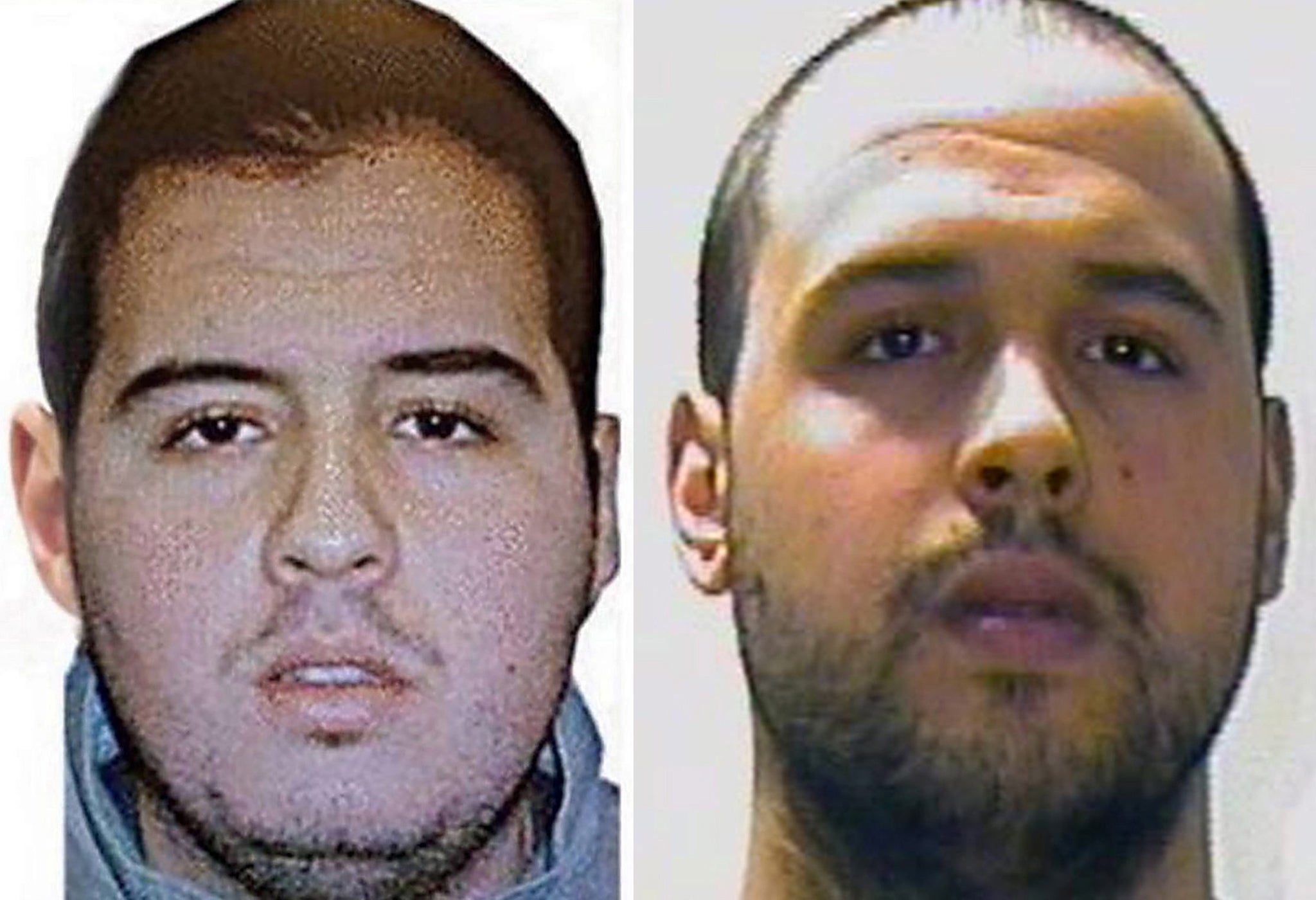Brussels bombings: Why do family members commit terrorist attacks together?
Atrocities from the Charlie Hebdo attacks to the Boston Marathon bombings have been committed by siblings

Your support helps us to tell the story
From reproductive rights to climate change to Big Tech, The Independent is on the ground when the story is developing. Whether it's investigating the financials of Elon Musk's pro-Trump PAC or producing our latest documentary, 'The A Word', which shines a light on the American women fighting for reproductive rights, we know how important it is to parse out the facts from the messaging.
At such a critical moment in US history, we need reporters on the ground. Your donation allows us to keep sending journalists to speak to both sides of the story.
The Independent is trusted by Americans across the entire political spectrum. And unlike many other quality news outlets, we choose not to lock Americans out of our reporting and analysis with paywalls. We believe quality journalism should be available to everyone, paid for by those who can afford it.
Your support makes all the difference.It appears to be increasingly common that terrorist attacks not of the lone-wolf variety involve members of the same family.
Some of them, like the San Bernardino attack last December, are committed by married couples or romantic partners.
But quite a few recent terrorist atrocities – the Charlie Hebdo attack, the Boston Marathon bombings and now Tuesday’s Brussels attacks – have been perpetrated by siblings. So is there a link between within-family radicalisation and acts of terrorism? And is terrorism different from any other crime in this respect?
Family ties and the militant extremist mindset
Both genetics and environment are known to influence criminal behaviour. But the exact nature of these influences and their relative importance are still being debated.
It can be expected, therefore, that genes contribute to terrorist behaviour. But it is wrong to conclude that just because two individuals have a common genetic make-up, one will follow the other if the other becomes a terrorist. Instances of only one family member displaying criminal behaviour are very common.
Nevertheless, there may be environmental factors that contribute to and interact with genetics to cause terrorist behaviour. If so, one would expect to find more terrorist acts than other kinds of criminal acts committed by members of the same family. Family members share both genetics and environment to a greater extent than people in general.
Studies of the militant extremist mindset provide clues to why we can expect to find more siblings among terrorist cells. From the three components of this mindset, only one – “nastiness” – is directly linked to other varieties of criminal behaviour.
Violent criminals of any kind tend to strongly advocate harsh punishment of their enemies. For example, they are more likely than most people to approve of physical punishment for insulting one’s honour.
While both genetics and environment may be implicated in “nastiness”, the other two components of the militant mindset – “grudge” and “excuse” – represent environmental influences to a greater extent. These are usually the focus of recruiters.
An important component of radicalisation is a strong feeling that the group one belongs to is under threat from some other group – that is, the person feels a “grudge” of some kind. A common example is the feeling that the West has exploited and hurt “my” people, and this needs to be avenged.
Sometimes grudge is more general and not oriented towards a particular group. The person simply feels that this world is unfair and full of injustices.
“Excuse” is a dressing-up part of extremism. It relies on religious and ideological “higher moral principles” to justify the feelings of nastiness and grudge.
It follows from the nature of the militant extremist mindset that we can expect to find more siblings among terrorists. This is because such attacks tend to be carried out by people who are more ready for action and are prepared to be vicious in dealing with their enemies. This tends to be a shared characteristic of criminal family members.
Being raised together – and therefore being exposed to the same set of stories about the enemies and the same set of moral, ideological and religious reasons justifying their feeling of hate – is likely to contribute significantly to the same tendency.
And then there is a feeling of trust, due to a common upbringing and feelings stronger than typical camaraderie when you are doing something together with somebody who is close to you. Overall, it is likely that there will be more instances of siblings committing terrorist attacks.
From a security point of view, it may be reasonable to ask whether this tendency calls for a different approach to detection. There is currently an emphasis on internet-based radicalisation, rather than on person-to-person contacts. Family interactions diminish the role of the former and point to the need to maintain traditional policing methods.
Lazar Stankov, Professor, Institute for Positive Psychology and Education, Australian Catholic University
This article was originally published on The Conversation. Read the original article.
Join our commenting forum
Join thought-provoking conversations, follow other Independent readers and see their replies
Comments